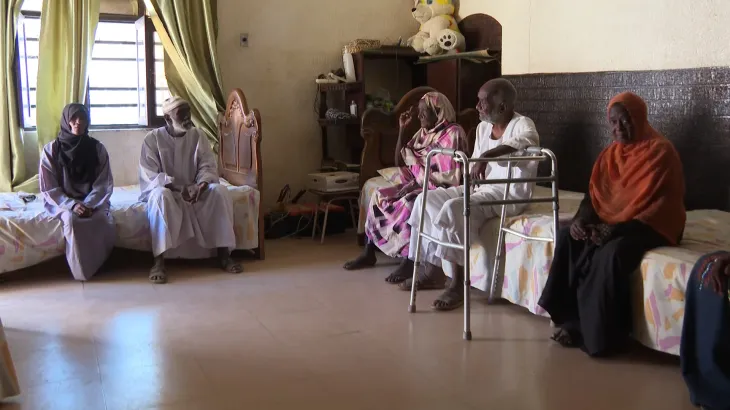They Refused to Leave Their Homes: Khartoum Residents Recall Their War-Time Experience

Sudan Events – Agencies
While thousands of families fled the Sudanese capital after the Rapid Support Forces (RSF) took control more than a year ago, others refused to leave their homes, choosing instead to endure the relentless gunfire and the ever-present risk of death.
The Al-Fatih family, residing in the Sababi neighborhood of Khartoum North, was among those who chose to stay. They endured months of hardship, burdened by illness and the devastating effects of the fighting, in what became one of the darkest chapters of their lives.
Al-Fatih’s mother told Al Jazeera that life during the war was nothing but extreme suffering. Her daughters had to venture to distant neighborhoods to fetch flour just to secure bread.
Whenever they went out to get essential supplies, they faced numerous dangers and hardships, she added.
The Return of Life
The war had prevented people from gathering and socializing, but these aspects of daily life have slowly started to return as the army regained control over most parts of the capital.
However, the days under RSF control were far from easy. One woman recounted how the forces brutally mistreated men and young people.
Even hospitals were not spared from the destruction. Khartoum North Hospital, for example, suffered extensive damage. Health authorities have stated they will attempt to restore its operations with whatever resources are available, as they have done with other hospitals.
The Waning Conflict
According to Suhail Abdel Qader, director of hospital administration at the Khartoum State Ministry of Health, the hospital was extensively looted, with its equipment stolen and buildings vandalized.
Yet, despite the widespread destruction left by the war, people have begun returning to rebuild their lives. The first waves of displaced individuals are coming back home, even as clashes persist in some areas of the capital.
After nearly two years of resilience in the face of war and its horrors—hunger, disease, fear, and the loss of loved ones—residents of areas where fighting has subsided are now trying to heal their wounds and start anew. But the shadows of the past remain vivid in their minds, and its scars are still deeply embedded in their memories.
(Source: Al Jazeera Net)



